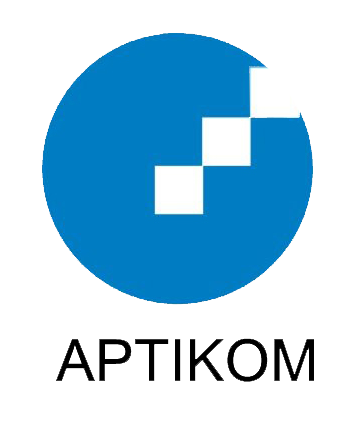PENYUSUNAN STRATEGI E-GOVERNMENT BERBASIS KERANGKA KERJA PEMERINGKATAN E-GOVERNMENT INDONESIA (PEGI) DI LEMBAGA PENERBANGAN DAN ANTARIKSA NASIONAL
Keywords:
e-government, PeGI, e-government develompment strategy
Abstract
Abstrak People's presures for establishing good governance motivate the government to be able quickly determine a right strategy to accelerate achievement of the government goals. One of strategies implemented in government is developing e-government, as stated in the Presidential Instruction No. 3 of 2003 on National Policy and Strategy Development of e-government. A framework used to measure level of development and implementation of e-government in Indonesian government institutions is PeGI (The ranking of e-government of Indonesia). To be able perform the implementation and development of e-government in a timely and effectively, it needs some strategies. This research aims to devise an e-government development strategy based on the PeGI framework by doing a case study on the National Institute of Aeronautics and Space (LAPAN). The methodology used is descriptive qualitative with data collection methods including document analysis, observations, and focus group discussion (FGD). Based on the analysis, it is found that the level of e-government implementation in LAPAN today is 1.88 while the level of e-government implementation expected is 3.18. Finally, this study described the strategies in LAPAN to reach the level of implementation of e-government as expected.Downloads
Download data is not yet available.
Published
2014-08-24
How to Cite
Alusi, F., & Sensuse, D. I. (2014). PENYUSUNAN STRATEGI E-GOVERNMENT BERBASIS KERANGKA KERJA PEMERINGKATAN E-GOVERNMENT INDONESIA (PEGI) DI LEMBAGA PENERBANGAN DAN ANTARIKSA NASIONAL. Jurnal Sistem Informasi, 10(1), 36-43. https://doi.org/10.21609/jsi.v10i1.376
Section
Articles
Authors who publish with this journal agree to the following terms:
- Authors retain copyright and grant the journal right of first publication with the work simultaneously licensed under a Creative Commons Attribution License that allows others to share the work with an acknowledgement of the work's authorship and initial publication in this journal.
- Authors are able to enter into separate, additional contractual arrangements for the non-exclusive distribution of the journal's published version of the work (e.g., post it to an institutional repository or publish it in a book), with an acknowledgement of its initial publication in this journal.
- Authors are permitted and encouraged to post their work online (e.g., in institutional repositories or on their website) prior to and during the submission process, as it can lead to productive exchanges, as well as earlier and greater citation of published work (See The Effect of Open Access).








